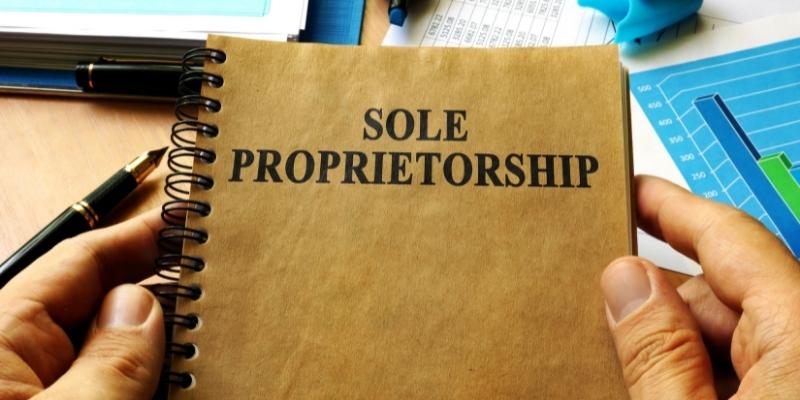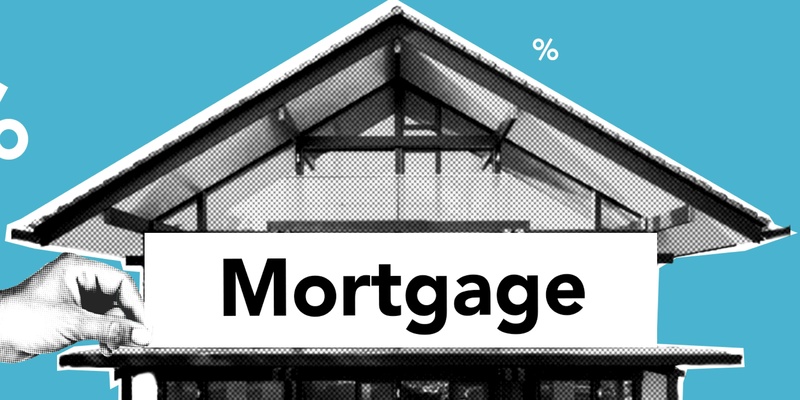Why to Take Out a Personal Loan
Jan 02, 2024 By Susan Kelly
A Step-by-Step Guide to Obtaining a Personal Loan is the Subject of This Complete Manual. Personal loans have developed into a well-liked method of financing for those who want to satisfy their current monetary requirements or work toward accomplishing their long-term objectives in the modern globe. Personal loans have the potential to supply the necessary finances for a variety of purposes, including the consolidation of debt, the funding of home improvement projects, and the coverage of unforeseen medical costs. When getting a personal loan, it is vitally important to comprehend the procedure and make decisions based on accurate information. In this piece, we will walk you through the processes involved in acquiring a personal loan, assisting you in making the financial decision that is most appropriate for your current state of affairs.
Acquiring Knowledge of Personal Loans

It is essential to have a fundamental understanding of personal loans before beginning to apply for a loan. Individuals can obtain personal loans from various financial institutions, including banks, credit unions, and online lenders, which are unsecured. Personal loans are also known as signature loans. Unlike mortgages and car loans, personal loans do not require collateral to be approved. Instead, they base eligibility and the loan terms on the borrower's creditworthiness and the revenue they bring in.
Evaluate Your Financial Situation
It is important to thoroughly assess your current financial standing before applying for a personal loan. Think about how much money you make, how much you spend, and how much debt you already have. You will be able to calculate the amount of money you need to borrow and whether you can afford the monthly payments on the loan if you evaluate your current financial situation. This phase will also assist in choosing an appropriate loan term for the transaction.
Do Your Research on Lenders and Your Available Loan Options
After you've taken stock of your current financial standing, it's time to start looking into different lenders and types of loans. It would be best to research to find respectable financial companies that may provide personal loans with take-out personal loan terms and interest rates to your advantage. Examine the many aspects of the loan, such as the interest rates, loan amounts, repayment conditions, and any related fees. In addition, think about using online lenders, as they frequently offer fast loan approval and money.
Determine Your Current Credit Score
Your credit score is one of the most important factors to consider when calculating your loan's interest rate and terms. How can I take out a personal loan? You should get a free copy of your credit report from each credit bureau and look it over carefully for any mistakes or inconsistencies. Before applying for a personal loan, take the necessary steps to improve your credit score, as this could result in more favourable loan terms.
Accumulate All Necessary Documents
Ensure that you have all of the required documentation on hand before submitting your loan application. Although the specific requirements may vary from one lending institution to the next, the documents that lenders most frequently request are proof of identity (such as a driver's license or passport), proof of income (such as pay stubs or tax returns), bank statements, and any additional documentation that supports your financial stability.
Putting in Your Application for the Loan
Once you have gathered all of the necessary paperwork, you can proceed to accurately and fill out the loan application. Please verify that the information supplied is correct by checking it twice. The loan approval process may be slowed down if the application needs to be more accurate or complete. When applying online, the majority of lenders provide a simple application process. You can submit your application in person at any local bank or credit union if you like more conventional methods.
The Approval of the loan

The lender will assess your loan application, supporting documents, and credit history once you submit it to them for consideration. Suppose your application for the loan is successful. In that case, you should carefully examine the terms given to you, including the interest rate, the length of the repayment term, and any fees or penalties that may be linked with the loan. Before agreeing to the terms and conditions of the loan, it is imperative that you fully comprehend the stipulations.
Consider Your Available Options for Repaying the LoThink about your many possibilities for making loan payments before you commit to the loan terms. Consider whether you would rather have a loan with a set monthly payment or a variable interest rate. Investigate the potential of setting up your loan repayments to be made automatically. This can ease making payments and reduce the likelihood of missing payments.

Everything You Need to Know About Home Equity
Mar 19, 2024
Understand home equity, its definition, and implications. Learn how it works and its significance in personal finance.

Credit Cards for Construction Businesses
Dec 02, 2023
A standard bank loan could be an option if you need more money or more time to pay it back. A personal loan from a bank typically has cheaper interest rates than a credit card would. To secure a loan, you might have to put up your home or other valuables as collateral.

Best Home Based Businesses
Nov 09, 2023
Get started on your journey to financial independence by exploring the best home-based businesses in 2021. Uncover profitable and rewarding options, from selling homemade products to launching an e-commerce store. Learn how you can take control of your future today!

What is a Condominium?
Feb 13, 2024
A condominium may offer a more affordable entry into the housing market. However, misconceptions concerning condo ownership frequently prevent prospective buyers from considering them. This article will study some of the most widespread money misconceptions about condos.

How To Start a Sole Proprietorship in 2022: A Complete Guide
Jan 10, 2024
Business formation is straightforward for sole proprietorships because they are not required to file paperwork with government agencies.

Understanding Texas Home Equity Loans and HELOCs
Mar 19, 2024
Discover the ins and outs of Texas home equity loans and HELOCs in this comprehensive guide. Learn how they work and their benefits.

Reasons Your Credit Limit Increase Was Denied
Feb 25, 2024
A greater credit limit provides you with more spending power, helps you make better use of your available credit, may assist in improving your credit score, and can even assist in your qualification for credit cards with even higher credit limits

7 ways to strengthen your home's refinancing appraisal value
Feb 13, 2024
To buy a new home, you must first refinance the mortgage on the one you already own. This is because if the value of your refinancing evaluation is high, you have a better chance of getting good terms like a lower interest rate and a longer loan term

Review of AARP Company
Oct 11, 2023
The American Association of Retired Persons (AARP) oversees several community-based initiatives that aim to combat senior housing instability and social isolation. The AARP has also spearheaded and overseen initiatives to improve entitlement programmes like Medicare and Social Security

What Are the Community Property Rules for Federal Income Tax Returns?
Feb 19, 2024
The term "community property" describes how a married couple's assets are treated under the law in certain states in the United States. In a marriage, both partners share equally in the breadwinner's earnings and the ownership of all tangible and intangible assets acquired by either partner during the marriage.

Exploring Better Mortgage and Rocket Mortgage
Mar 19, 2024
Compare Better Mortgage and Rocket Mortgage for your home loan needs. Learn about their features, pros, and cons.

Difference Between Gap Insurance And Loan/Lease Payoff
Jan 11, 2024
However, if you get gap insurance during that time frame, the insurer will pay the differential between the ACV and the loan balance if your automobile is totalled. Paying off a loan or lease allows you to buy the automobile anytime, but you'll still be restricted to paying off just a portion of its fair market value. Due to the little risk involved, both forms of coverage are reasonably priced, although businesses more often offer gap insurance. Although it's common knowledge that a brand-new automobile loses value the minute you drive it off the lot, you may not realize that it loses another 10% in value during your first month of ownership and another 20% during your first year.